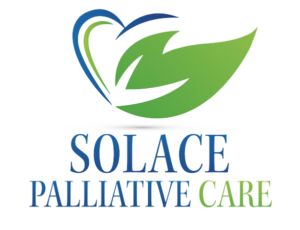
Glaucoma is a leading cause of blindness among older adults. It causes pressure in the eyeball to build up to a point that the optic nerve is damaged. There is no cure or repair. That’s a grim reality if your loved one has been diagnosed with this disease.
Fortunately, glaucoma’s progression can be slowed and blindness prevented. Your relative can remain active and fully engaged with life.
Steady wins the race.
- Consistent use of medication. Prescription eye drops are key to reducing eye pressure. They are often taken two or three times a day. Skipping a dose or skimping on the absorption time reduces their effectiveness. No cutting corners!
- Frequent aerobic exercise. Physical activity is good, especially aerobics, which promotes a strong blood flow to the optic nerve. A brisk 20-minute walk three or more times a week will help preserve vision and also stave off depression.
- Eliminate head-down positions. Yoga is an excellent calming exercise that can help address emotions surrounding a glaucoma diagnosis. But your loved one should steer clear of positions such as the “downward dog.” The head should not be lower than the heart.
- Avoid holding the breath. Anything that causes the eyes to “bulge out” is raising the pressure inside. Weight lifting is not advised. Neither is straining on the toilet.
Diet. Green leafy vegetables are good for general eye health, and a high-fiber diet relieves constipation. Special supplements have been shown to be helpful for other vision conditions, but not for glaucoma.
Caffeine can increase eye pressure (bad), while alcohol and marijuana can decrease it (good). The effects of all three are minor and last only a few hours. As a result, moderation is the wisest course.
In sum, the best way to help your loved one is to encourage medication consistency and the awareness that they have the ability to keep blindness at bay.

